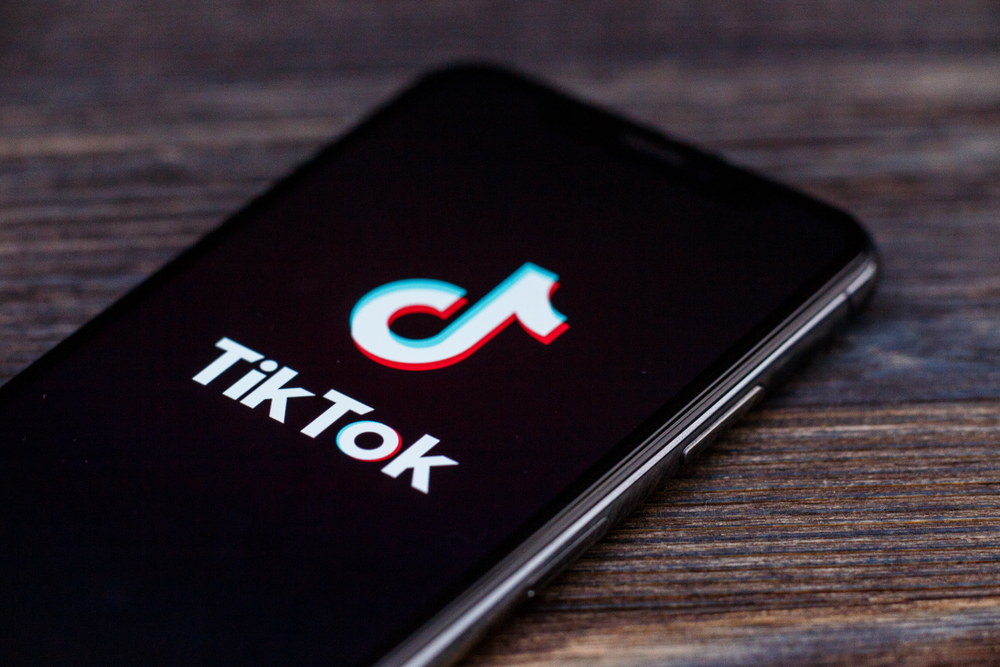A humorous TikTok trend is taking aim at the internet’s obsession with trends themselves.
Others are reading now
TikTok is full of calls to action — what to wear, what to buy, how to live.
But the viral trend “Propaganda I’m Not Falling For” flips that script, questioning the constant stream of social media hype.
At first glance, the term “propaganda” may sound political, even charged.
But here, it’s repurposed playfully to reject everything from viral beauty buys to luxury travel destinations. The trend is humorous, but it also holds a mirror to the very platforms that fuel it.
Also read
Not Political—But Still Critical
Though the term “propaganda” has heavy historical associations, especially in German-speaking contexts, the TikTok trend isn’t about politics.
Instead, it targets the kind of everyday “must-haves” that dominate online spaces. Things we’re told are essential, but might actually be overhyped.
Young users list everything from Labubu pendants to Dubai chocolate and Botox, all under the caption “Propaganda I’m Not Falling For.”
It’s a tongue-in-cheek way of distancing themselves from consumer trends while poking fun at their own generation’s obsessions.
Turning TikTok Against Itself
This trend works by using TikTok’s own format and humor to critique the constant cycle of viral content.
By pairing a satirical take on hype with relatable soundtracks—like Charli XCX’s I think about it all the time—users transform fleeting entertainment into social commentary.
The message: just because something is trending doesn’t mean it’s worth your money or attention.
Meaningful or Just a Meme?
While “Propaganda I’m Not Falling For” might seem trivial, it represents a form of digital self-awareness.
It encourages young users to think before they follow. Do I really want this? Or am I just caught in the scroll?
That kind of reflection is rare on TikTok, and the trend’s mix of humor and critique offers a refreshing pause from the usual stream of consumerism.
Still, the trend has its limits, according to Esquire. It works best when it pokes fun at harmless trends. But in some corners of TikTok, it’s been misused to dismiss gender identity—mocking “pronoun propaganda,” for example.


